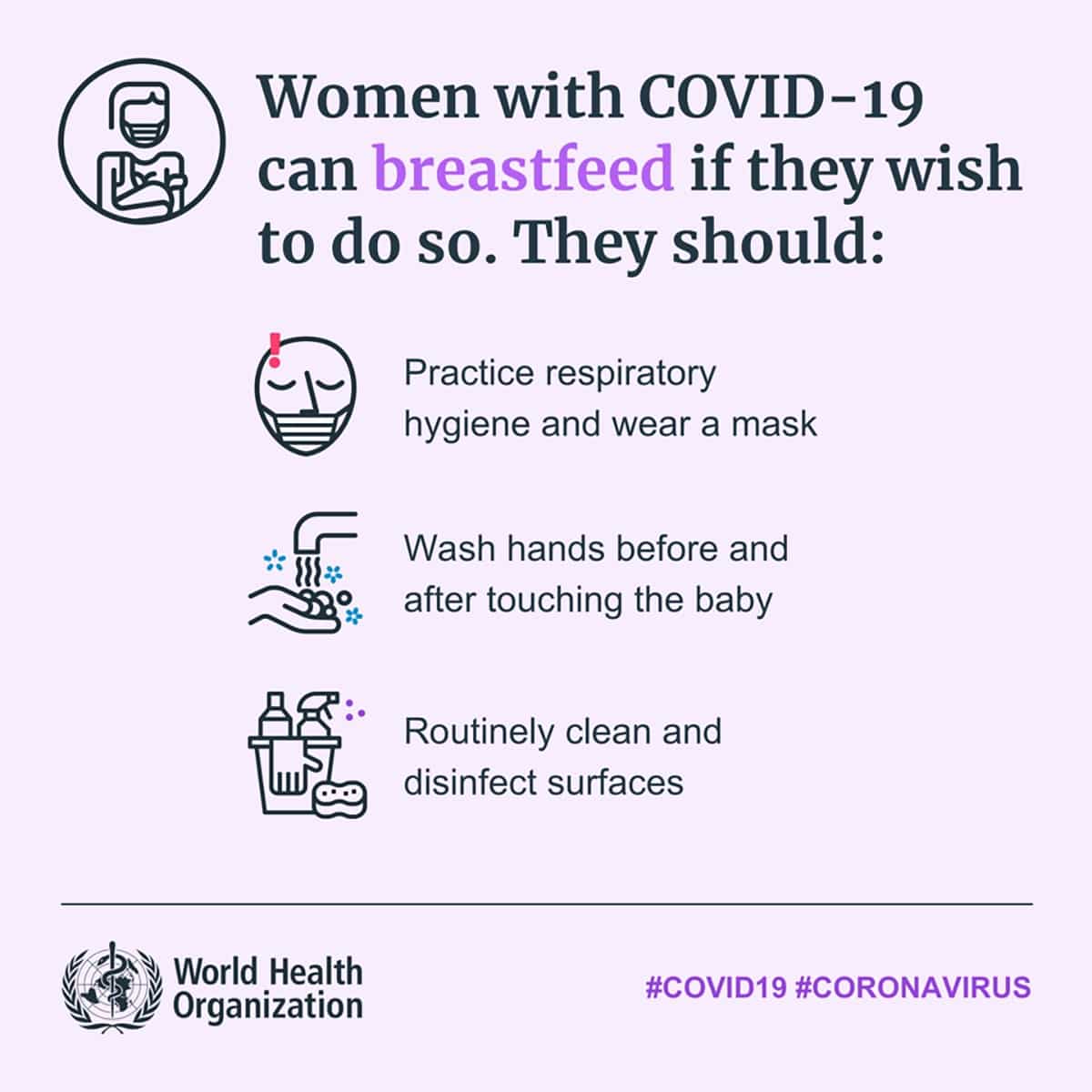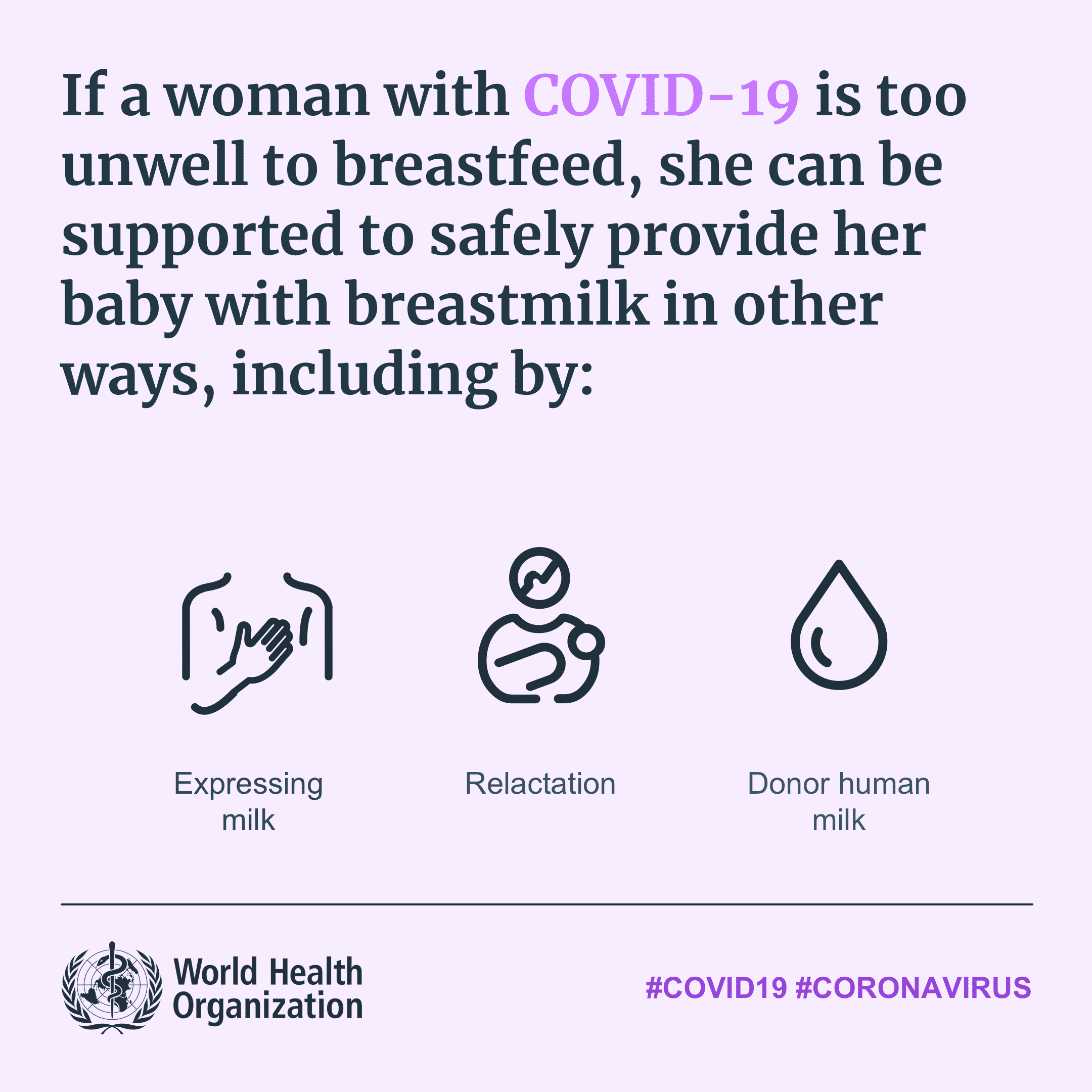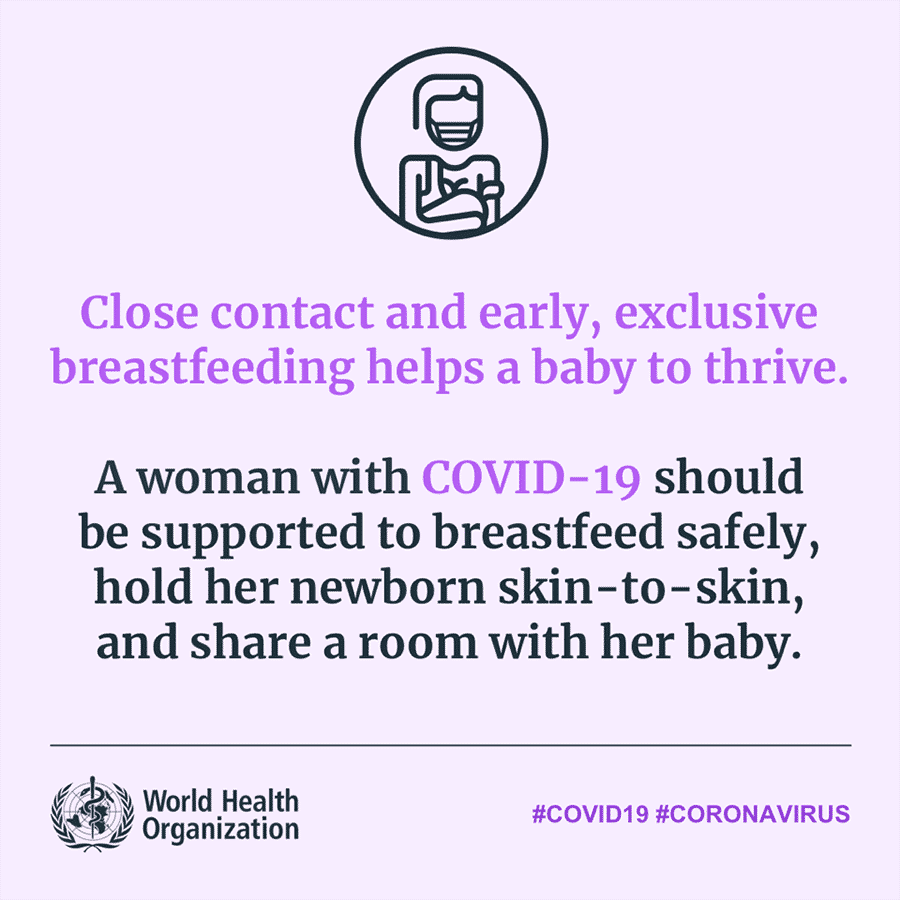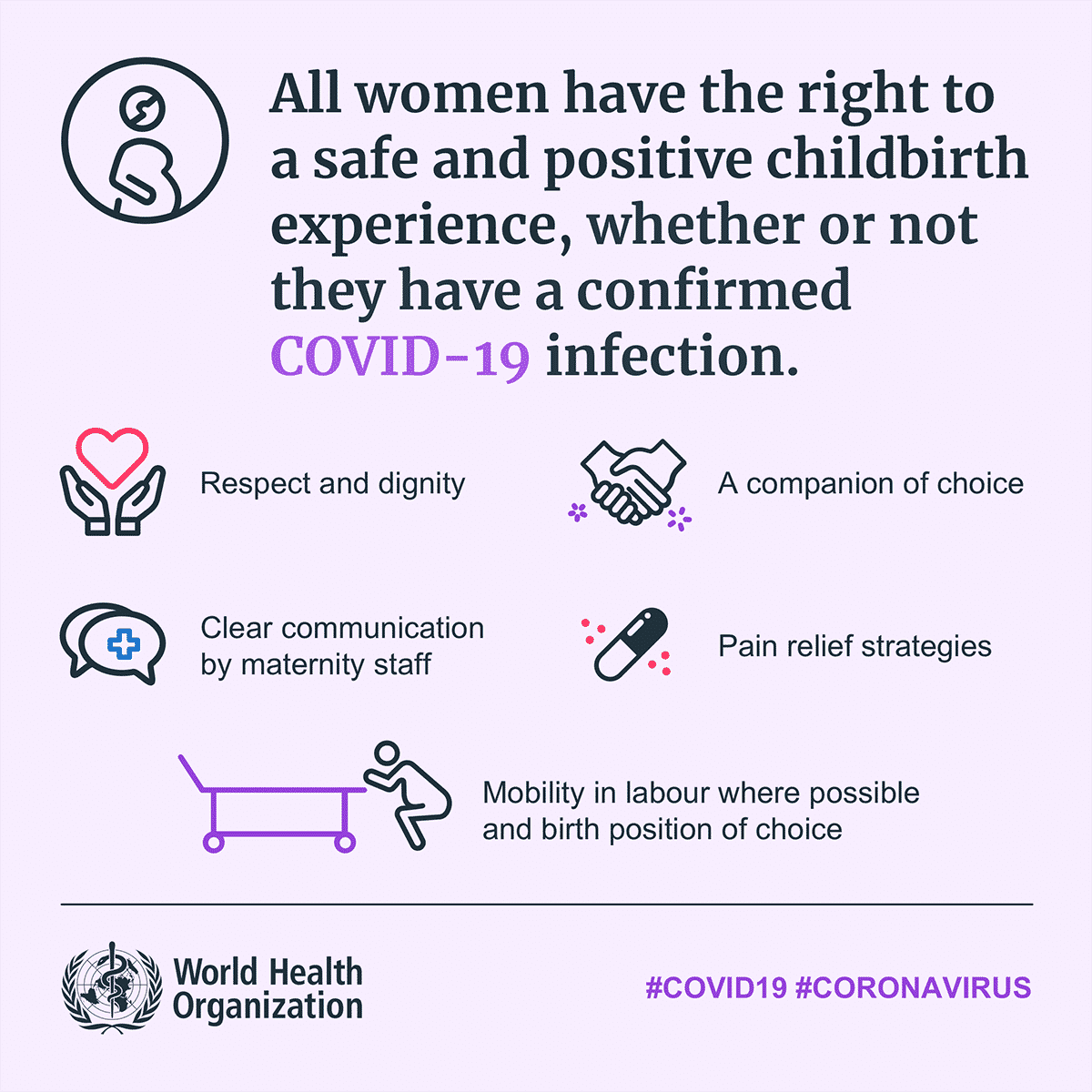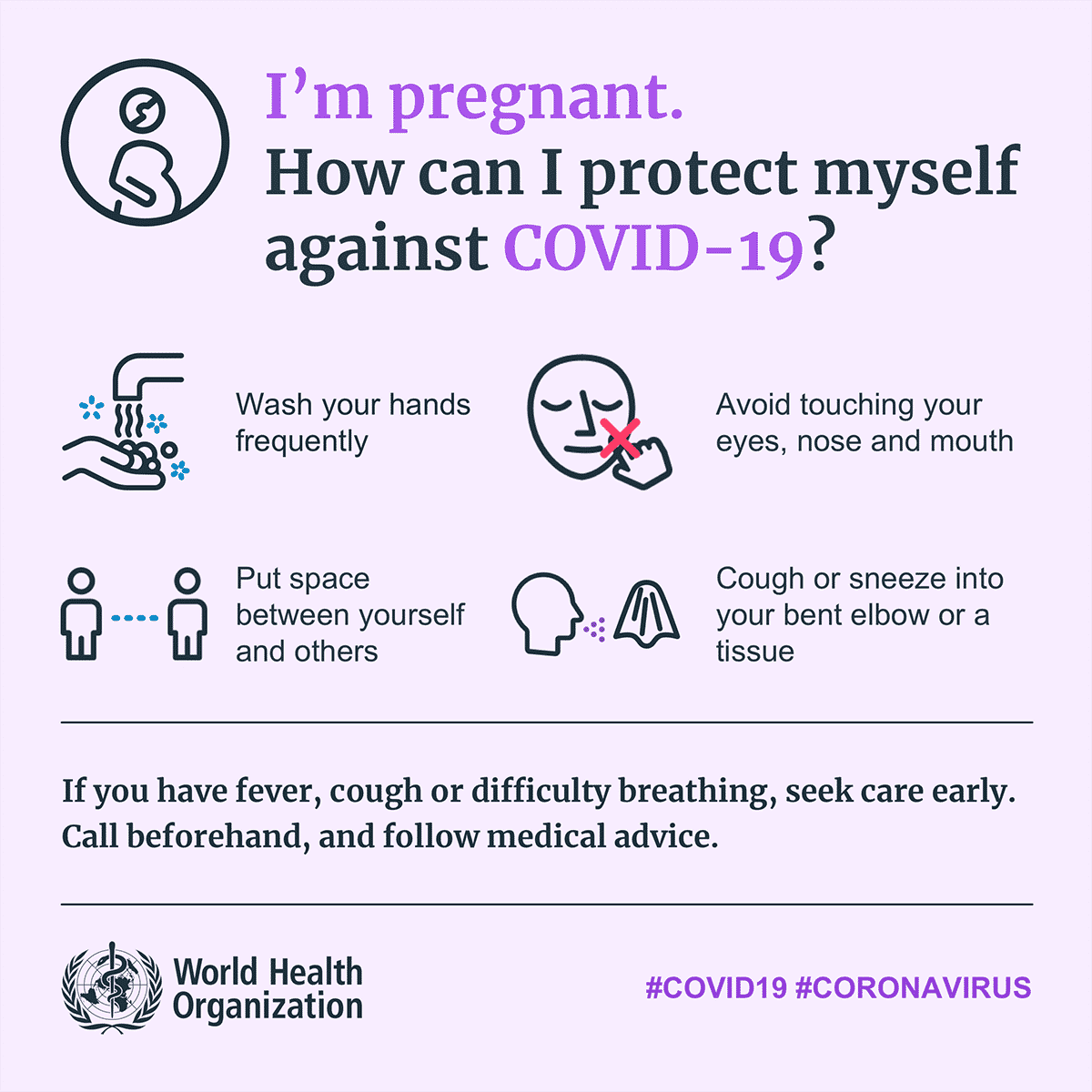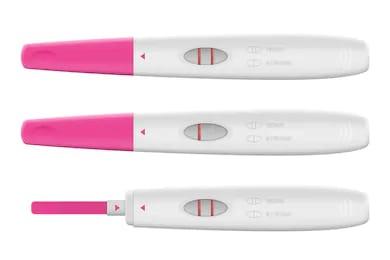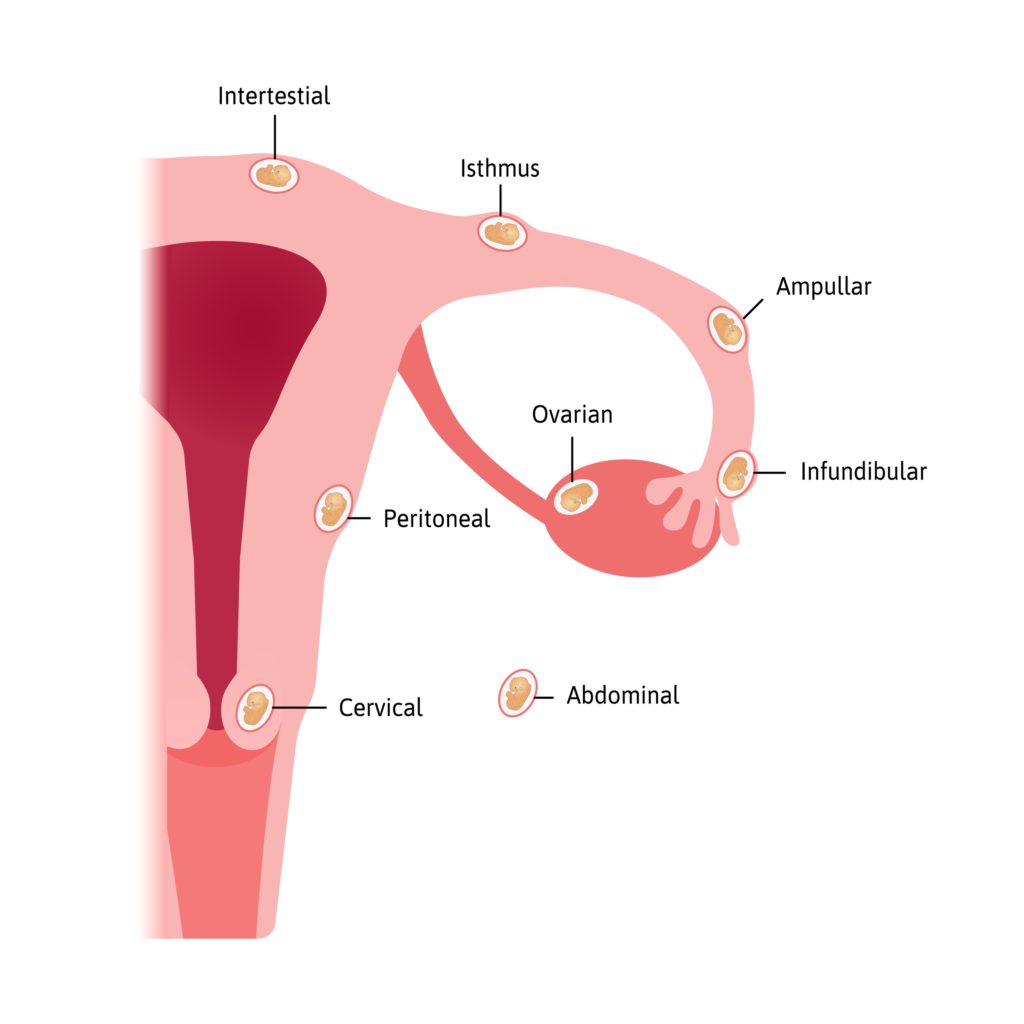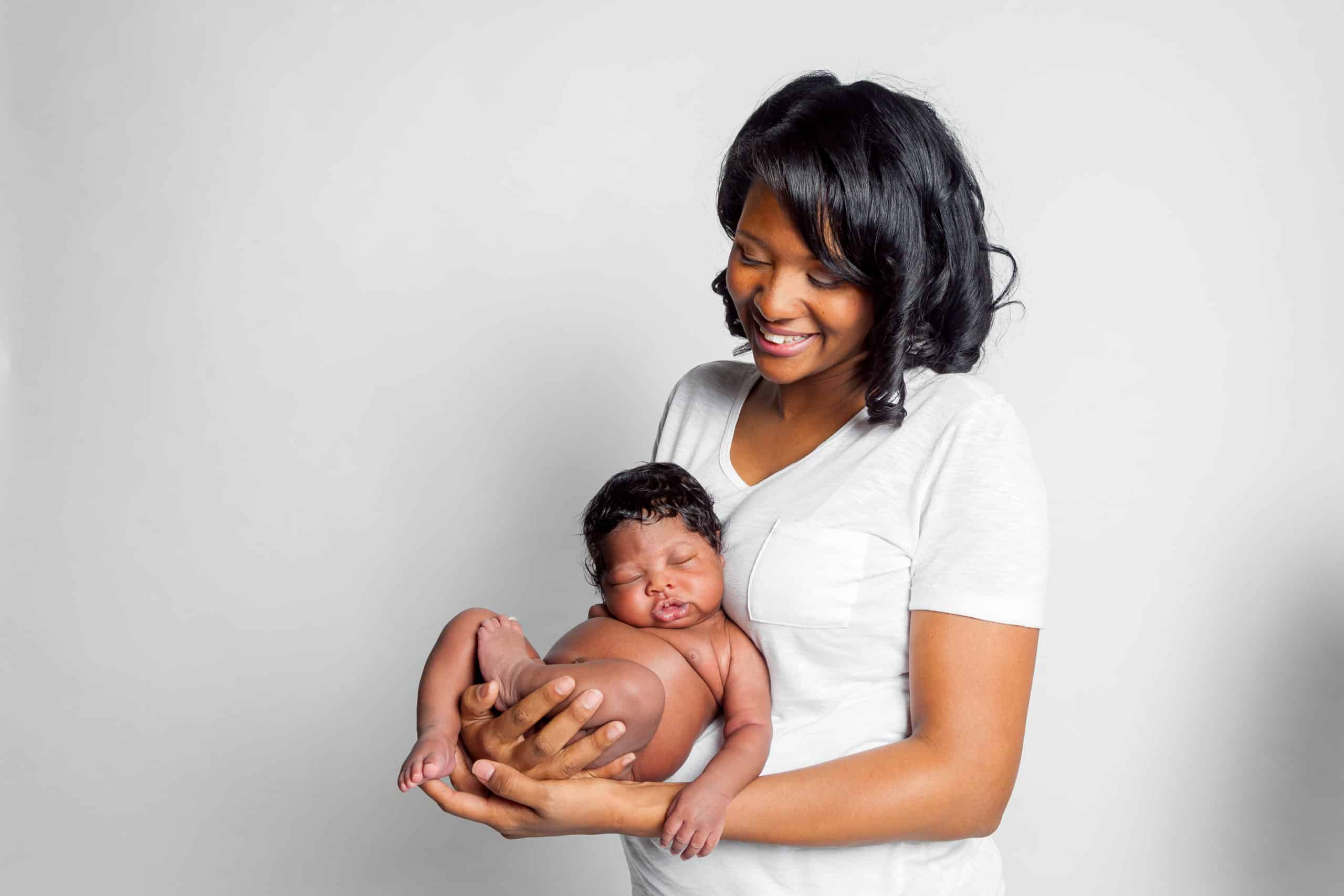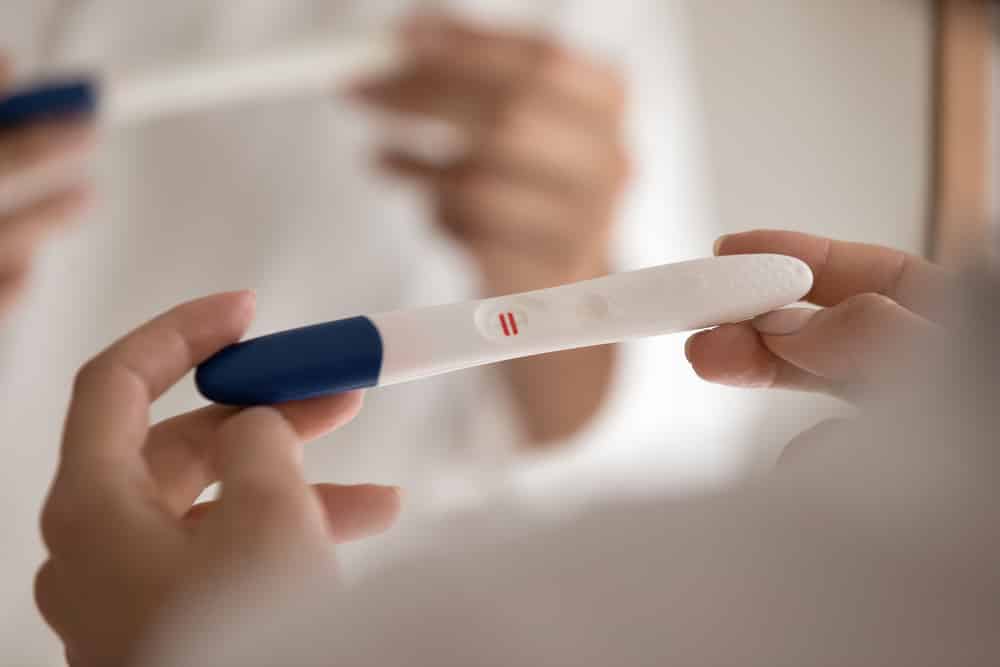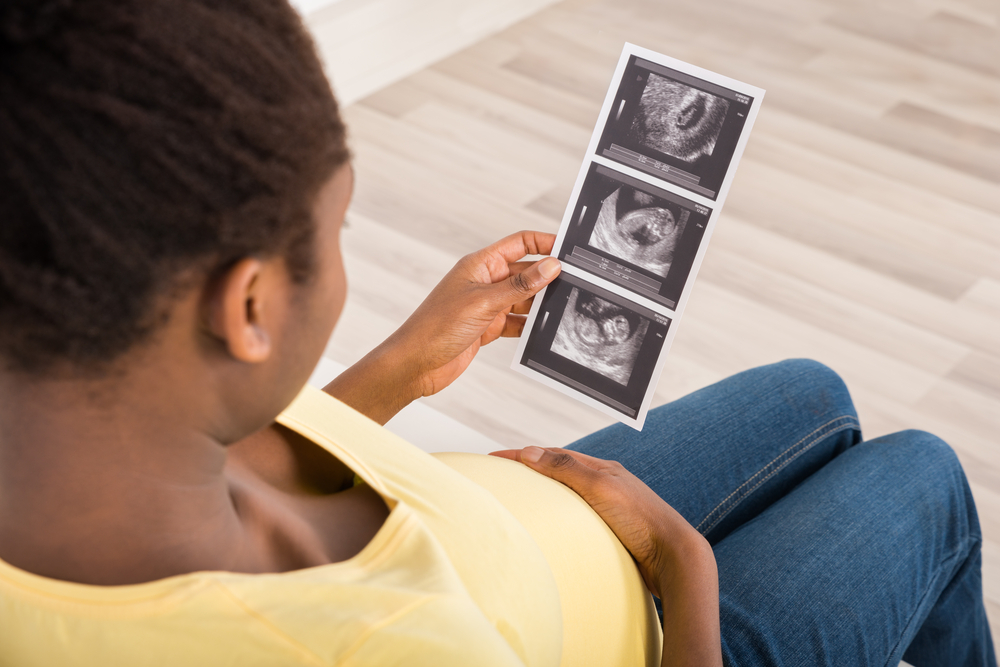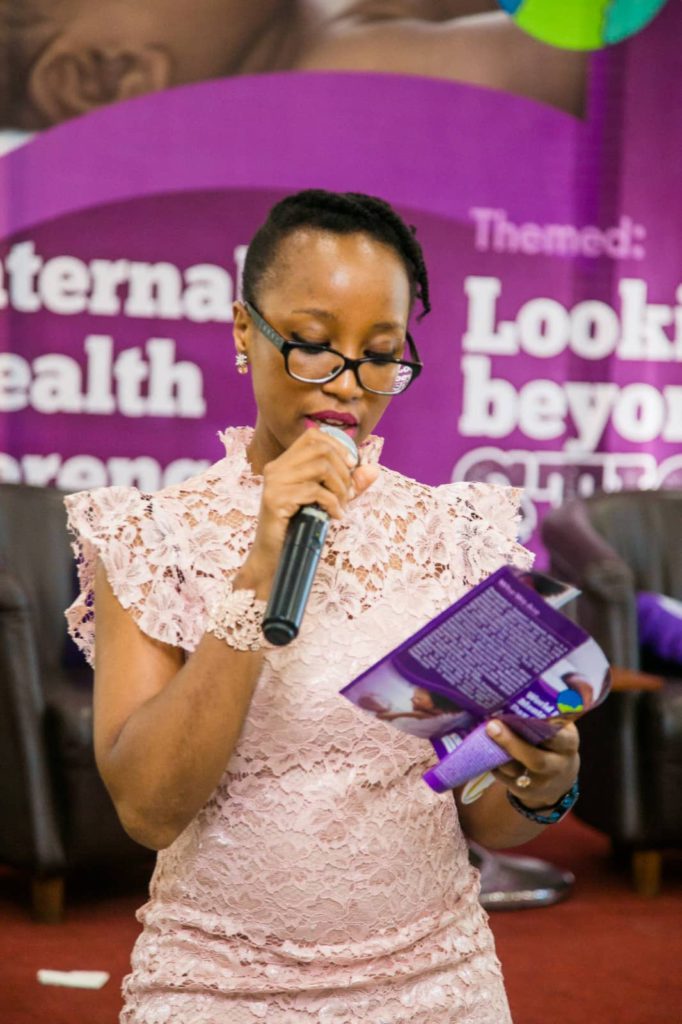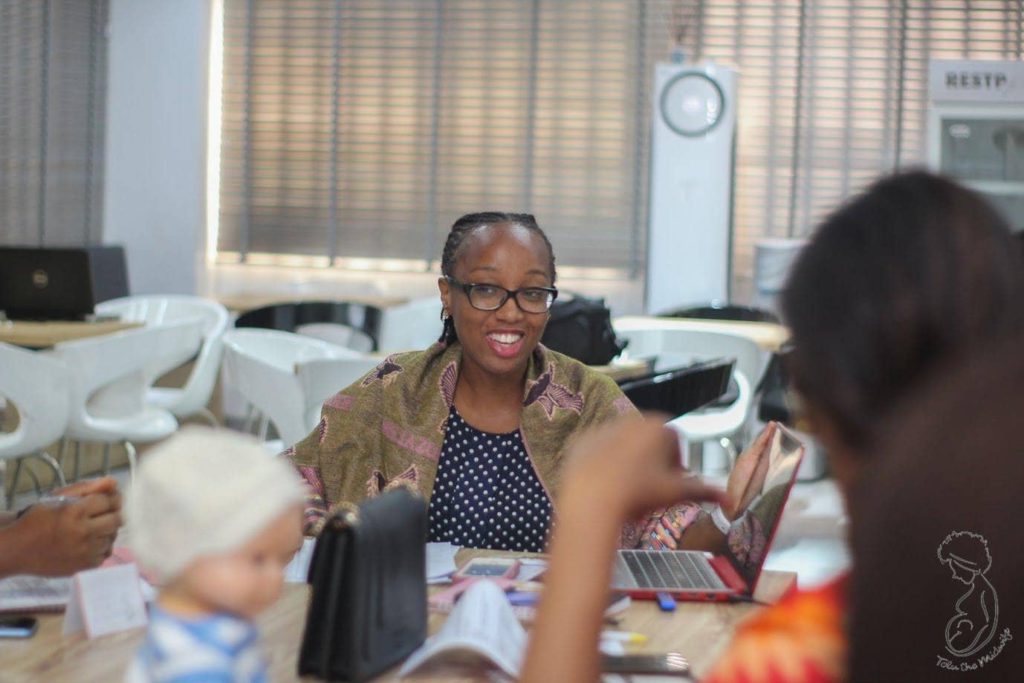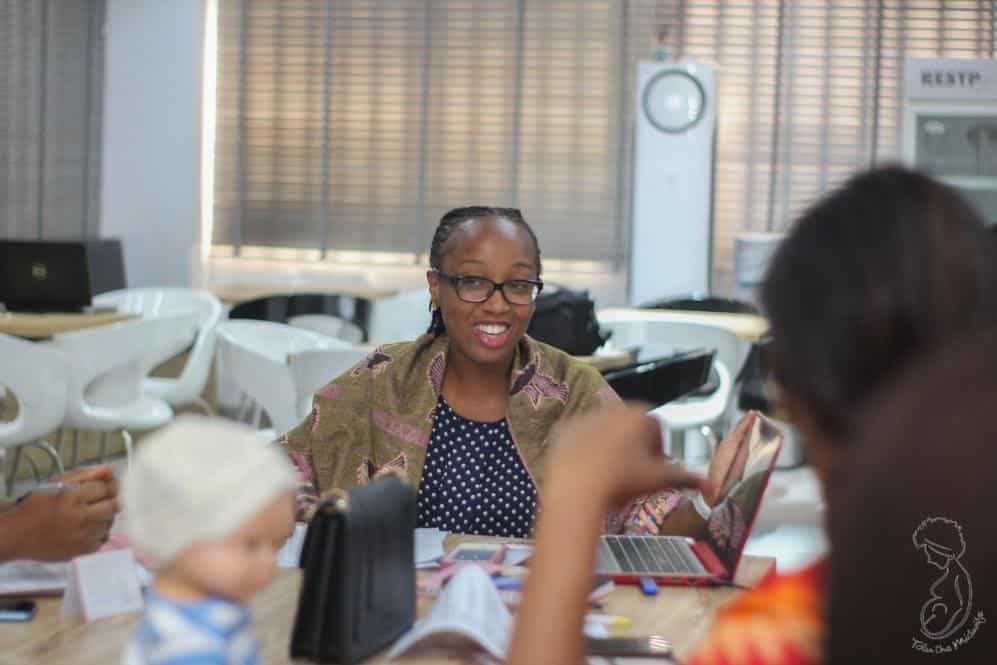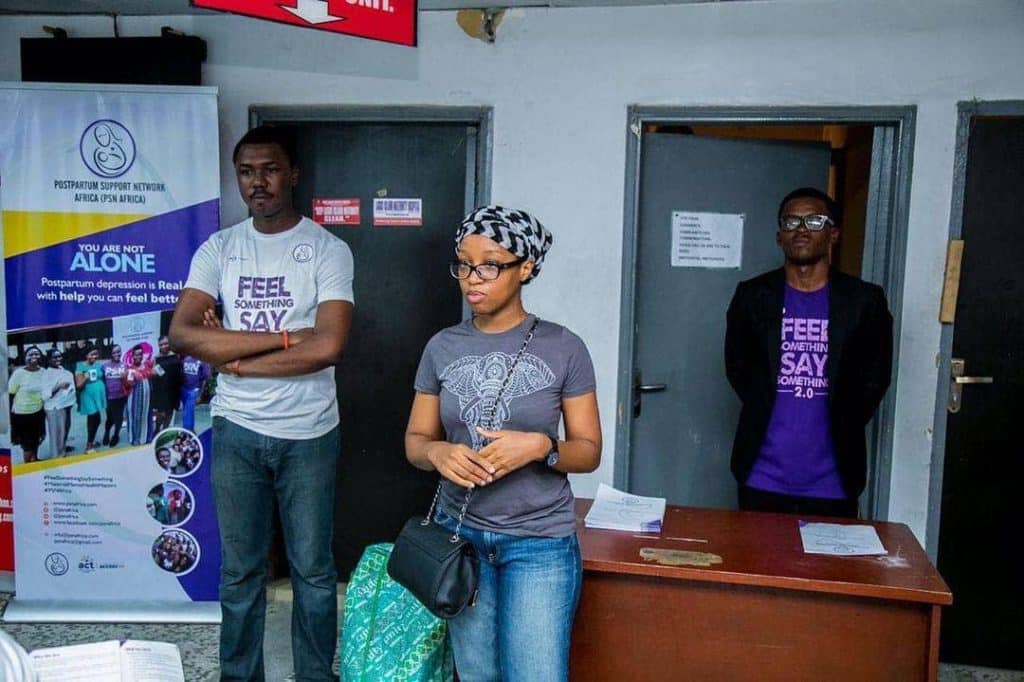Everybody loves twins.

Seeing them in those beautiful matching outfits definitely triggers the ‘feel good’ hormones in all of us.
Want to know more about twins and multiple pregnancies?
Then read on, this article contains everything you need to know.
What Is A Multiple Pregnancy?
A multiple pregnancy is one with two or more babies growing in the mother’s womb. It is the less common alternative to a singleton pregnancy, where there is only one baby.
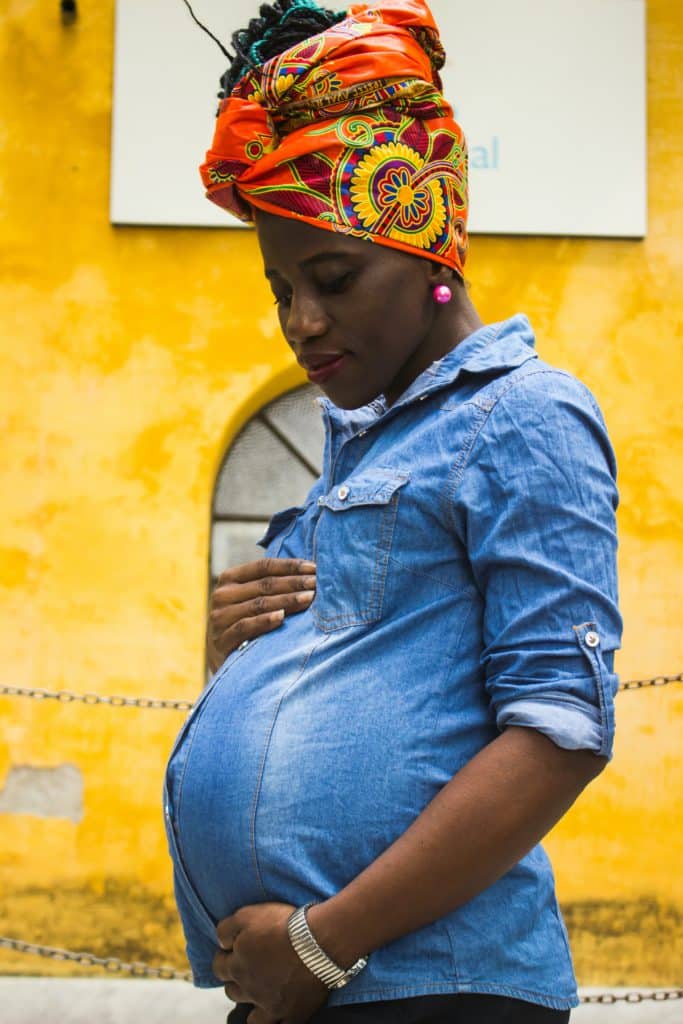
How Does A Multiple Pregnancy Happen ?
There are two main types of multiples; Non-identical (fraternal) and identical multiples.
During ovulation, usually, only one egg is released.
However, if more than one egg is released and they are all fertilized by sperm separately it results in a fraternal or non-identical multiple pregnancy.
In some other cases, after one egg is released and fertilized by a sperm, it divides into two or more embryos before implantation, resulting in an identical multiple pregnancy.
Thus, identical twins arise when a fertilized egg divides into two in the early stages of pregnancy before implantation. Conversely, non-identical twins are formed when two eggs are released during ovulation. Separate sperm then fertilize each egg.
Identical twins have the exact same copies of genes, and they have the same sex. However, fraternal twins are not genetically identical.
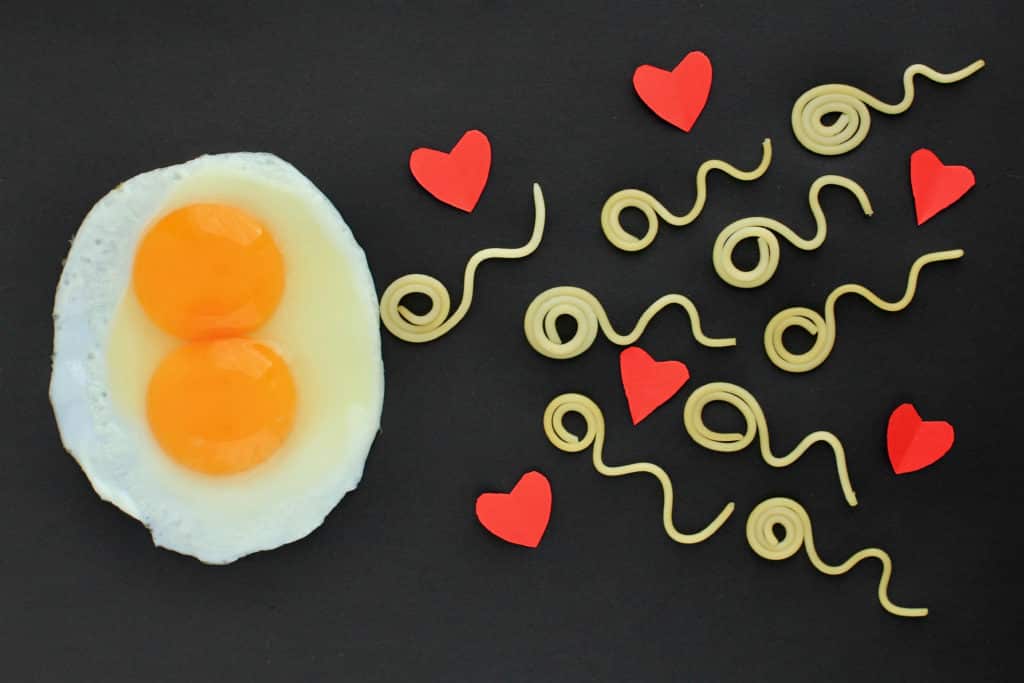
What Causes This?
- Fertility Drugs: The use of fertility drugs to induce ovulation. This can result in more than one egg released from the ovaries leading to their fertilisation.
- Assisted Reproduction/In-vitro fertilisation (IVF).: This results in multiple pregnancy when more than one embryo is transferred to the womb.
- Maternal Age: Women above 35 are more likely to give birth to twins. This happens because women of this age often release more than one egg in a single menstrual cycle.
- Maternal Height and Weight: Taller and heavier women tend to give birth to twins more often.
- Genes: This relates more the woman’s genes; a woman is likely to have twins if she is a twin or has siblings/cousins who are twins.
How Can You Stay Healthy During A Multiple Pregnancy?
- Eat Nutritious Food: As an expecting mum of two or more, you need to eat more protein and stay hydrated. Also, you will need to eat some extra calories so that your babies will feed well .
- Exercise: Consult your doctor to know which exercise is good for you at each stage of your pregnancy. Nonetheless, you need to avoid strenuous activities.
- Rest : Do so much as you can. This will require support from family and friends
- Attend Clinics Attend these regularly as directed by your doctor so that your well being and that of the babies can be closely monitored.

What Are The Risks?
- Early Labour and Preterm Delivery: Sadly, this is quite common in multiple pregnancy – delivery is more likely to occur before a gestational age of 37 weeks. Also, the babies are more likely to have a low birth weight.
- Hyperemesis Gravidarum (HG): This is excessive vomitting in pregnancy . It can cause a significant disruption of the fluid and electrolyte balance of the mother, requiring hospital admission for treatment.
- Diabetes: Gestational diabetes is more likely to develop in women with multiple pregnancies. Unfortunately, this may cause respiratory distress in growing babies.
- Preeclampsia: This refers to high blood pressure (hypertension) that occurs in pregnancy. Preeclampsia is more common in multiple pregnancies than single pregnancies.
- Delivery: The choice of delivery depends on the number, size, position, and health status of the babies. Often times, a Caesarean section is advised for women with multiple pregnancies.
- Placenta Abruption: Most times, multiple pregnancy affects placental function. A placenta abruption occurs when the placenta becomes separated from the inner wall of the womb before delivery.
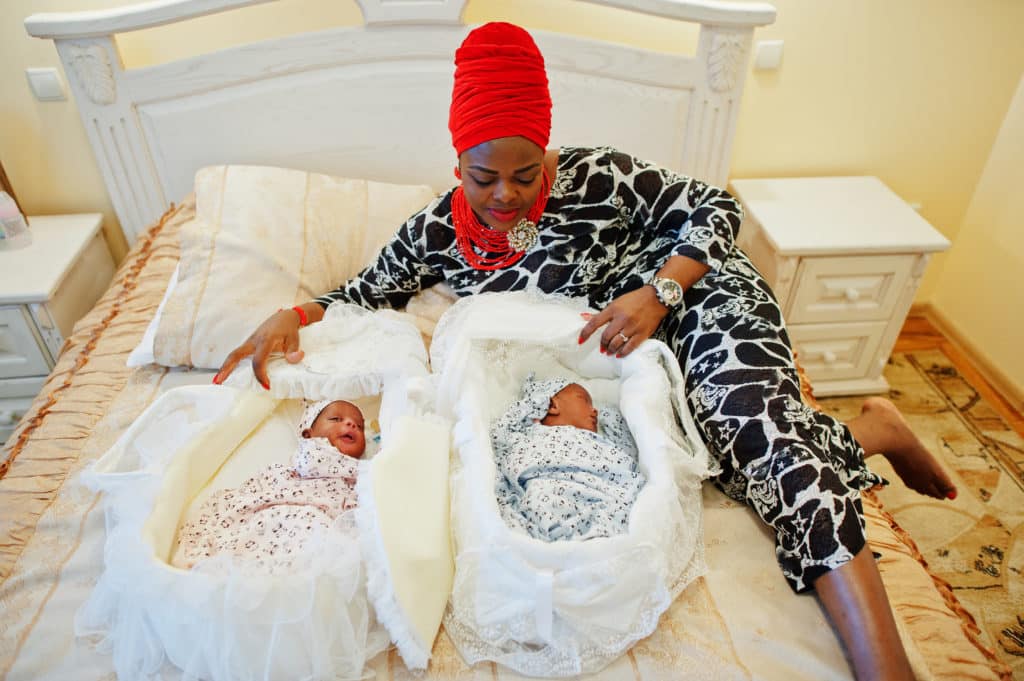
How Will They Be Delivered?
Most twins in recent times are born by a pre-planned Cesarean section. Less commonly, depending on the weight of the babies, health status of (mum and babies), and position, they can be delivered vaginally.
How Do I Feed Them?
It is perfectly possible to feed twins exclusively on breast milk with the right support and positioning. Most twins are nursed in tandem using a rugby position. Here mum positions babies with their heads in front beside her breast and legs pointing backwards under her armpits. This mimics how one carries a purse or rugby ball.
You will need nourishing food, hydration, and good social support. Don’t hesitate to request for what you need. Get a good breast pump so others can help with feeding. It is not uncommon for families to supplement with formula.
In Conclusion,
Having twin babies is a delightful experience although it comes with its own peculiarities. Read our other article on positive signs of embryo transfer.
While expecting multiple babies, it is advisable to attend clinics regularly. This allows your doctor to monitor the health of you and your babies effectively.
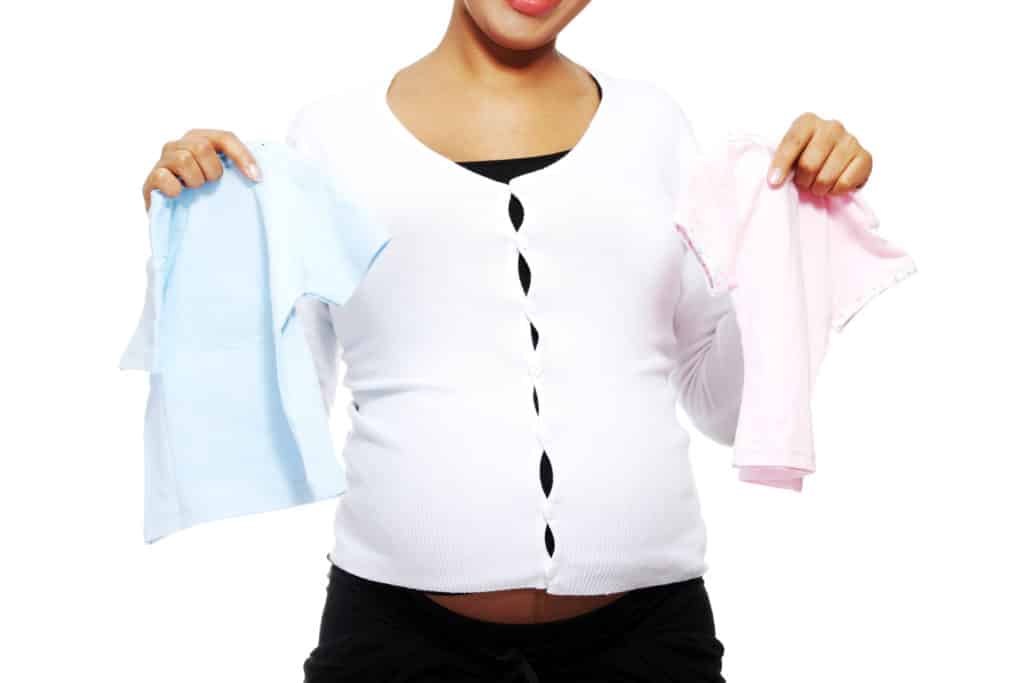
Finally, the complications of multiples can be reduced and managed better when you visit your physician regularly.
REFERENCES
- The American College of Obstetricians and Gynaecologists (ACOG) (2019). Multiple Pregnancy. Accessed on 7th August from https://www.acog.org/patient-resources/faqs/pregnancy/multiple-pregnancy#glossary
- The American Society for Reproductive Medicine (ASRM) (2012). Accessed on 7th August 2020 from https://www.reproductivefacts.org
- Cleveland Clinic (2015). Expecting Twins or Triplets. Accessed on 7th August 2020 from https://my.clevelandclinic.org/health/articles/9710-expecting-twins-or-triplets



